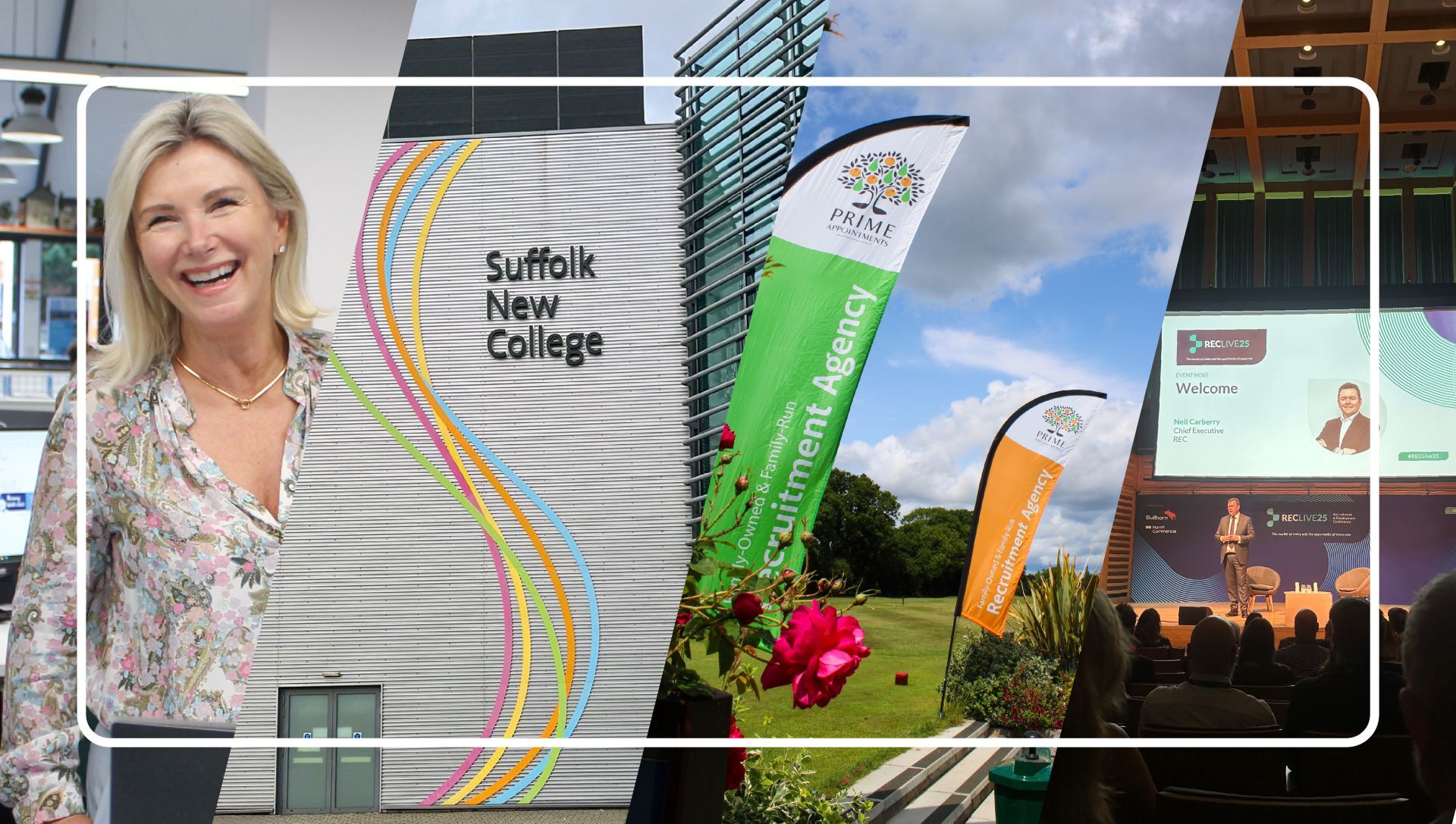15 November 2023
Embracing the Future of Recruitment: The Role of AI

Embracing the Future of Recruitment: The Role of AI
Lets talk about how AI is shaking up recruitment as we know it! In recent years, the recruitment landscape has been rapidly evolving, thanks to the integration of Artificial Intelligence (AI) tools such as ChatGPT. These AI tools are already transforming various aspects of recruitment, including text and image generation, content creation, and data organisation, with even more potential for development on the horizon.
The Current AI Landscape in Recruitment
AI has found its way into the recruitment process, reshaping the way HR departments and recruiters operate. These technological advancements are not limited to any specific area but include a wide array of recruitment tasks. This includes the following:
- Creating Job Descriptions: AI is being used to craft job descriptions that resonate with potential candidates. It can help optimise the language used to attract a diverse range of applicants.
- Interview Question Generation: AI can generate interview questions that are tailored to specific job roles, ensuring that candidates are assessed thoroughly during the interview process.
However, a critical question remains when it comes to the adoption of AI in recruitment: Do professionals have the necessary knowledge and understanding to take advantage of these AI tools? After all, the quality of the output largely depends on the quality of the input.
Where is the Future of AI Heading in Recruitment?
The future of AI in recruitment holds tremendous promise, and it's essential to grasp its potential benefits. Here's a glimpse of where AI is heading in the recruitment landscape:
- Language Enhancement: AI will continue to improve the language used on career websites, job boards, social media posts, and email templates. This ensures that recruitment content is not only engaging but also inclusive and welcoming to diverse candidates.
- Time Management: AI can significantly reduce the time spent on administrative tasks by automating routine processes. This frees up valuable time for HR professionals and recruiters to focus on high-value tasks like candidate sourcing, interviewing, and onboarding.
- Efficiency and Accuracy: AI can analyse vast datasets quickly, helping organisations identify top talent more efficiently. It can assist in pinpointing the right candidates for specific roles based on their qualifications and skills.
- Personalisation: AI can personalise the candidate experience, offering tailored recommendations and guidance, which can be especially valuable during the onboarding process.
AI Can't Replace the Human Element
While AI, like ChatGPT, can mimic conversations and streamline various tasks, it cannot replace the essential human elements in recruitment. It lacks the ability to assess a candidate's potential or deliver rejection in a sensitive and empathetic manner. The human touch is indispensable in understanding if a candidate is the right fit for the company culture, values, and long-term goals.
In conclusion, AI is rapidly changing the recruitment landscape, offering powerful tools to streamline and optimise various aspects of the process. As AI continues to evolve and integrate further into recruitment practices, professionals in the field must adapt and learn to harness the full potential of these technologies. While AI can enhance efficiency and reduce manual tasks, it can never replace the irreplaceable human element in making crucial hiring decisions and building meaningful connections with candidates. The future of recruitment lies in striking a harmonious balance between the capabilities of AI and the intuition, empathy, and wisdom of human professionals.

